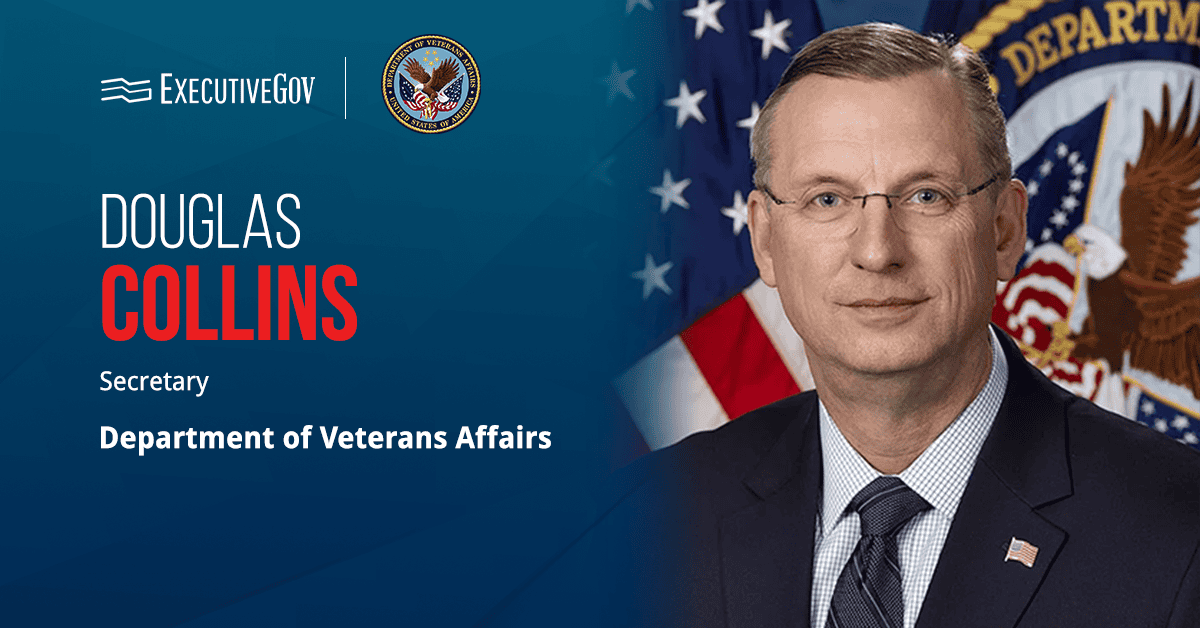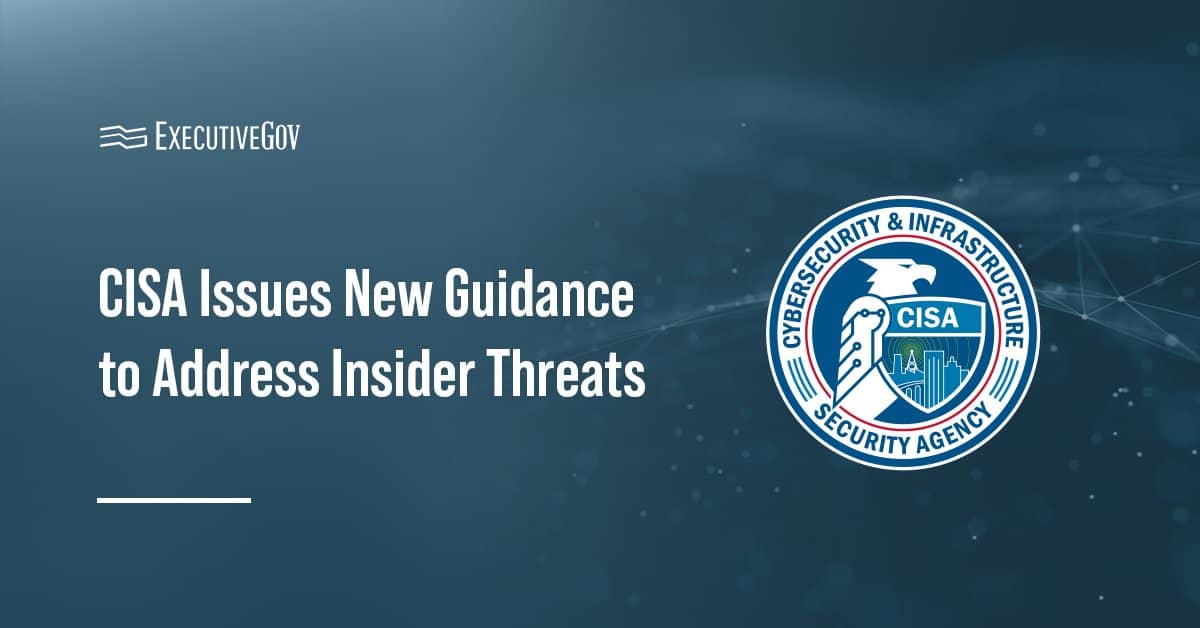
James Geurts, assistant secretary of the U.S. Navy for research, development and acquisition, officially announced the formation of a technology accelerator program at West 2019 in San Diego called NavalX, C4ISRNET reported Friday.
NavalX, also known as Naval Expedition, seeks to facilitate collaboration between industry and military personnel and develop platforms designed to make the service more agile.
“If you’re interested in doing counter [unmanned aerial systems], you should be able to call NavalX and ask who else is doing that and connect with them,†Geurts said during his keynote speech at West 2019. “On the industry side, if you have an idea, I’m going to make that easy for you. One-stop shop,†he added.
NavalX also aims to provide industry stakeholders access to experimentation and investment opportunities.





